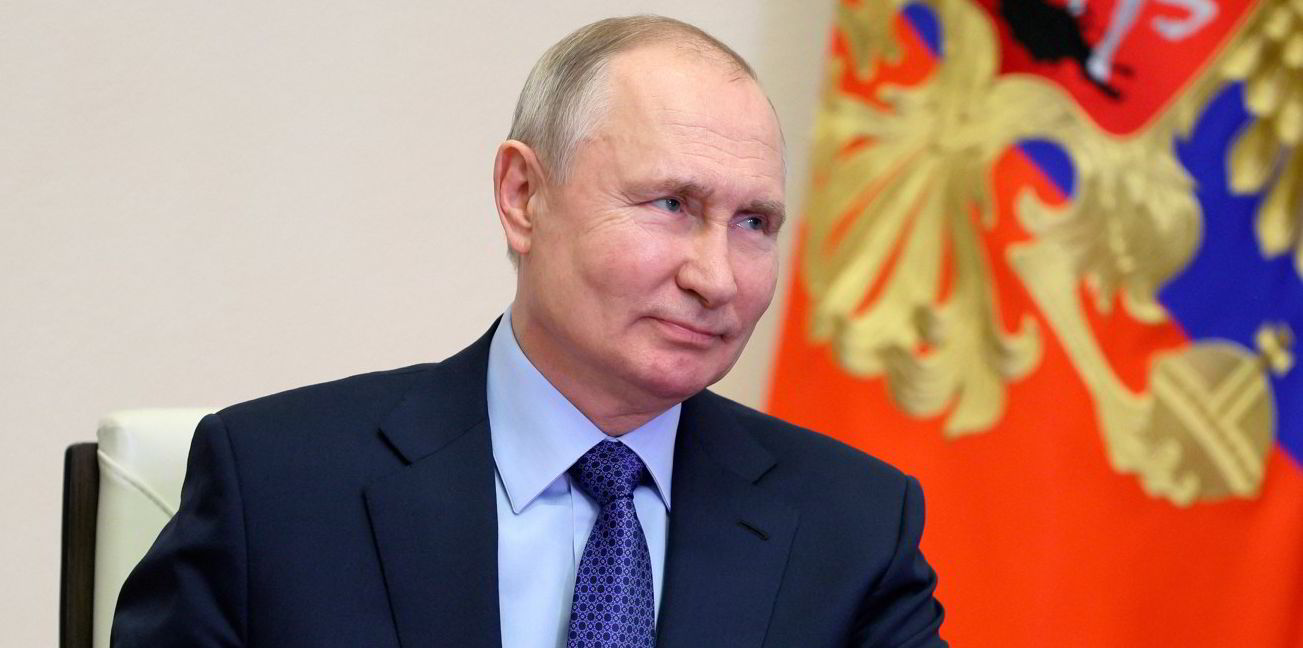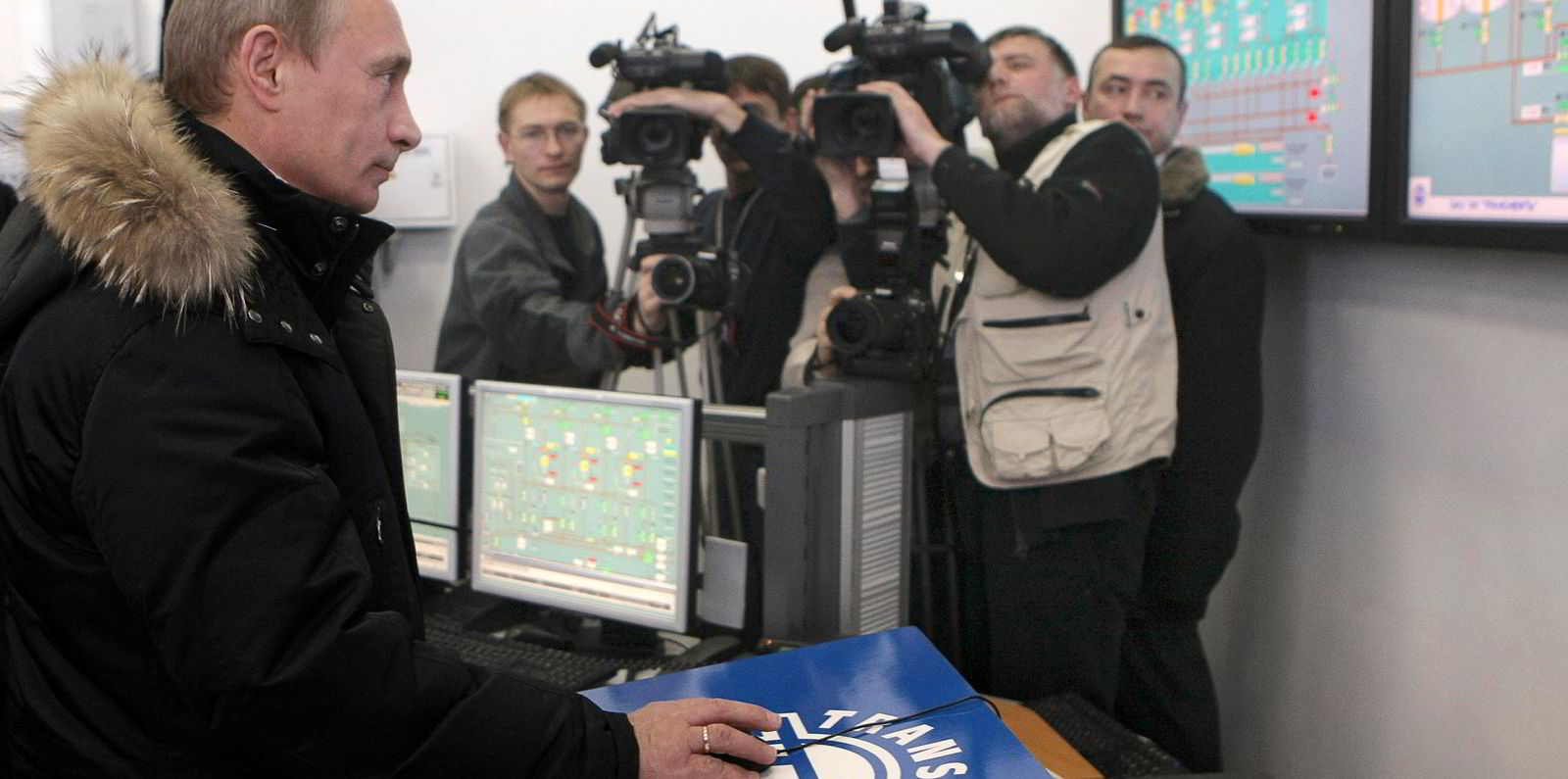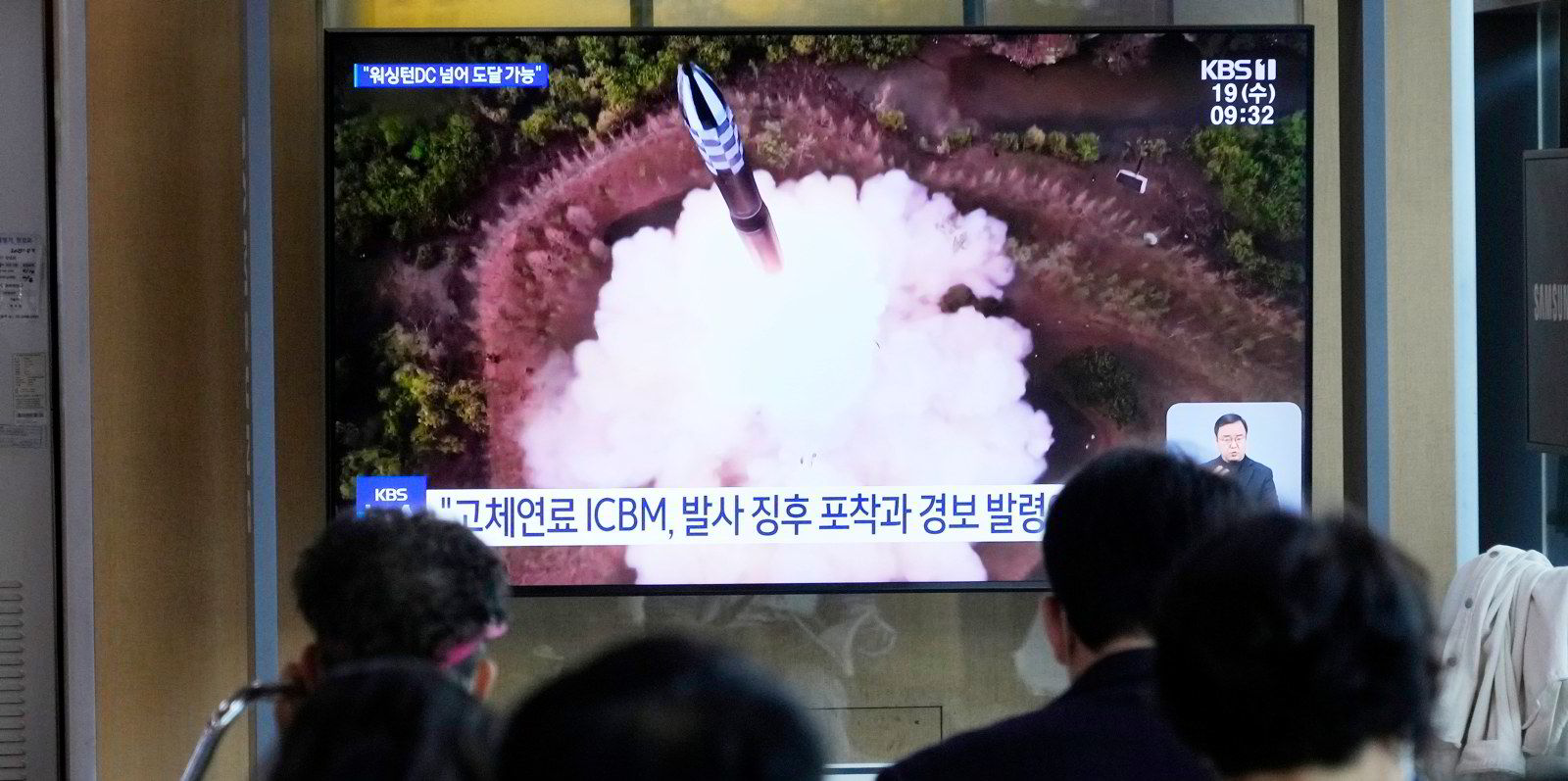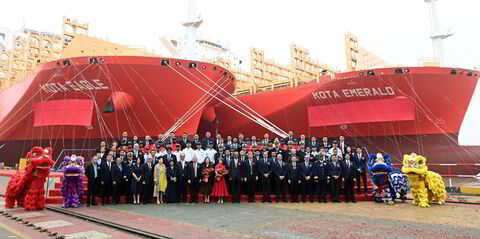Tanker markets are braced for the introduction of lower output levels from Opec+ next week, but the main driver of seaborne trade patterns remains not Saudi Arabia but Russia.
The invasion of Ukraine and the sanctions regime implemented by the West have produced a volatile cocktail of changing rules and requirements that keep shipowners guessing — and some making big profits.
Opec took traders by surprise when it revealed at the beginning of April that it would cut production by 1.15m barrels per day (bpd) from May.
Russia had already unilaterally announced it would slash output by 500,000 bpd in February and continue until the end of 2023.
The Opec reduction, the second in six months, led to an immediate 8% uplift in crude prices, plus warnings that it would put pressure on central banks to increase lending rates to curb already high inflation.
Higher energy costs have depressed global demand and led to VLCCs on spot charter searching for work while pushing the Baltic Exchange dirty tanker index to its lowest level since June last year.
But with inventories falling fast, shipbroker Fearnleys thinks oil demand will grow in the following months, perhaps forcing a reversal in the Opec decision and bringing a more prosperous second half of 2023 for big tanker owners.
The more intense pressures on the shipping market come from Russian crude sanctioned by the European Union. These cargoes can be shipped by Western vessels to foreign markets if they are not sold for more than $60 per barrel.
With inventories falling fast, Fearnleys thinks oil demand will grow in the following months, perhaps … bringing a more prosperous second half of 2023 for big tanker owners
The latest estimates from commodity price-reporting agency Argus suggest that suezmaxes have been winning a 30% premium to carry Russian crude from the Black Sea port of Novorossiysk to the west coast of India.
This uplift — said to have dipped slightly in recent weeks — is being given to owners that are prepared to run the financial, compliance and other risks attached to this kind of trade, whether they are operating “legitimate” vessels or those that have been part of the “dark” fleet hauling sanctioned crude in the past from Venezuela and Iran.
The International Energy Agency (IEA) said there is strong evidence that the weighted average of Russian crude has breached the price level for the first time since it was imposed in December.
The Russian Far East port of Kozmino has long been seen as the centre of higher-priced crude exports, but this was previously balanced out by heavily discounted barrels being lifted from Baltic and Black Sea ports.
India and China — plus Turkey, the United Arab Emirates and Singapore — have been gorging on cheaper Russian oil. China imported 2.1m bpd last month and India 1.7m bpd, according to the IEA.
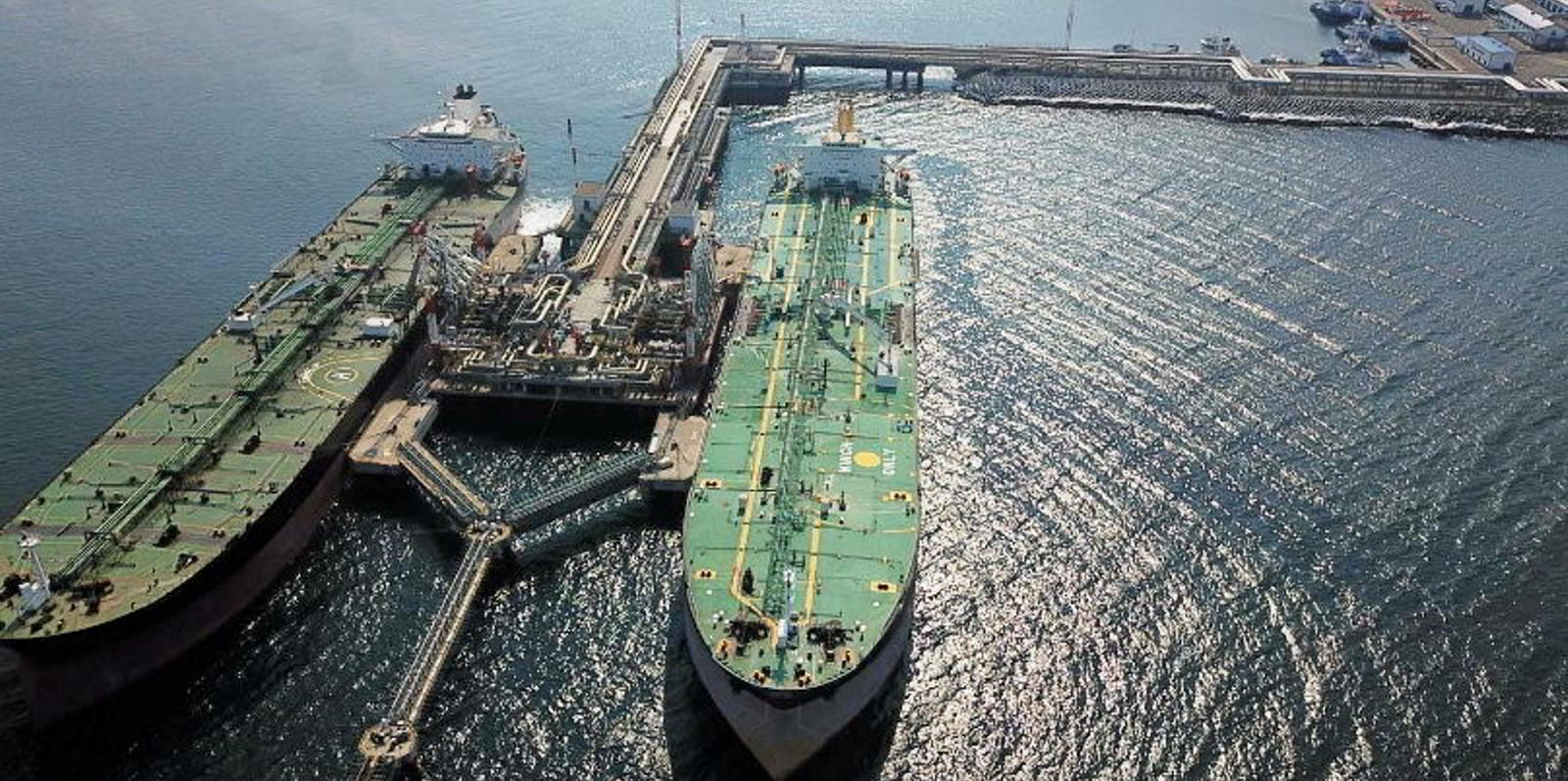
Meanwhile, Finland’s Centre for Research on Energy & Clean Air (CREA) argues that these five countries are in effect acting as “laundromats” for Russian crude.
They are buying cheap Siberian crude and turning it into oil products at local refineries before it is sold to EU and other G7 countries observing an ever-growing sanctions regime. This is not illegal, of course.
The epicentre of this activity, according to the CREA, is the north-west Indian port of Sikka, which serves the Jamnagar refinery. It has exported about €2.7bn ($2.97bn)-worth of petroleum products to “price-cap coalition” countries from December last year to 23 February, the centre claims.
Some 56% of Russian crude oil shipped to these laundromat countries has been transported by vessels owned and/or insured by these price-cap countries, it adds.
Meanwhile, petroleum products from Russian refineries are being forced to travel longer distances to find markets, pushing up freight rates.
Clarksons Securities estimates 300 product carriers are now involved in moving Russian cargoes, while other vessels are needed to work longer hauls as Western markets seek supplies from India and other destinations East of Suez. Russian oil products spend more time on the water due to increased market distances plus port delays caused by pricing issues, Clarksons argues.
Fyodor Dostoevsky — reputedly Vladimir Putin’s favourite author — believed in Russian exceptionalism. When it comes to his country turning tanker trades into their own spinning laundromats, he just might have been right.
